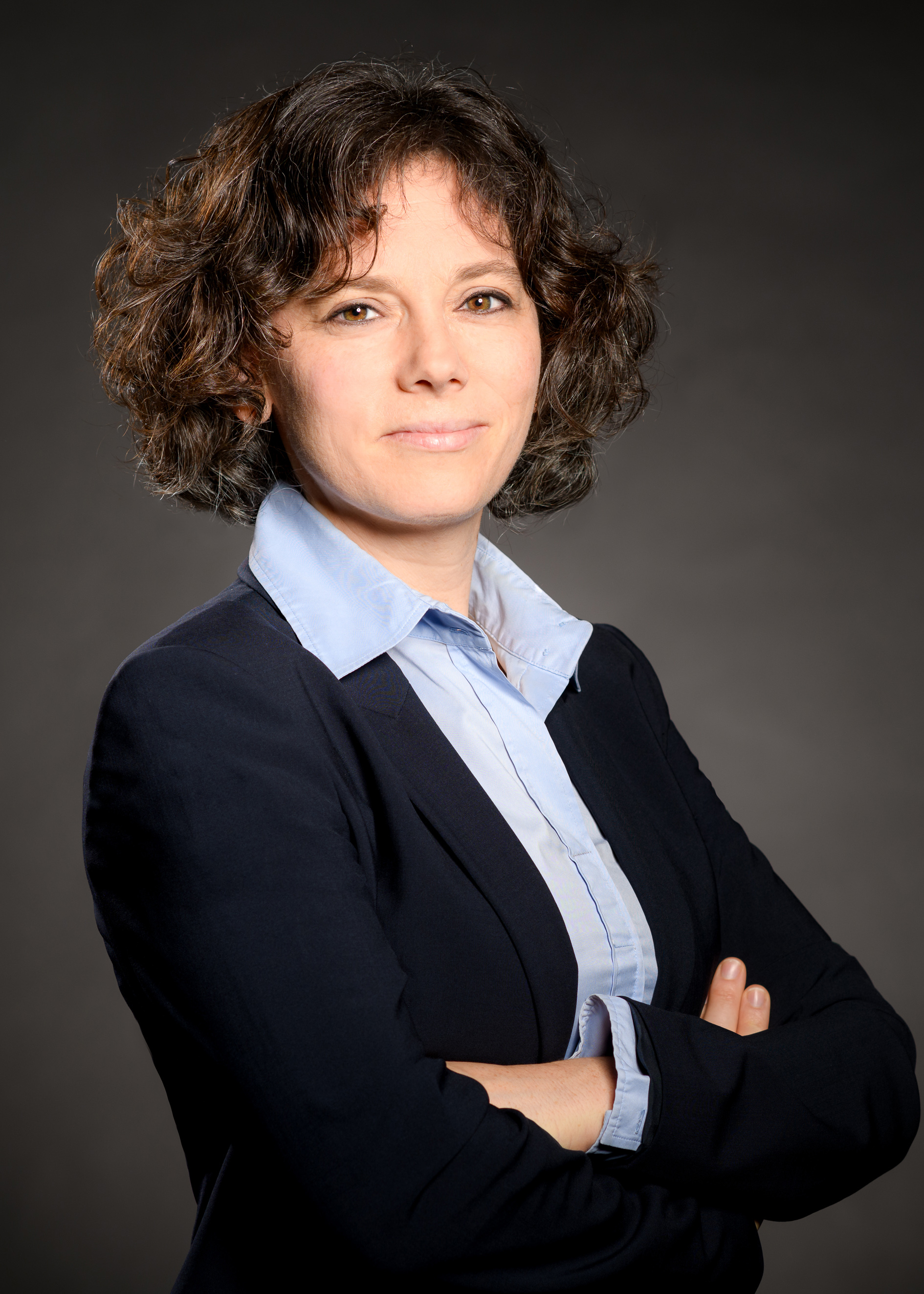Brulé Discusses Gender Quotas and Power in Indian Politics

Rachel Brulé, Assistant Professor of Global Development Policy at Boston University’s Frederick S. Pardee School of Global Studies, was recently featured in the CASI Election Conversations 2024 series by the University of Pennsylvania’s Center for the Advanced Study of India (CASI).
The interview with CASI Consulting Editor Rohan Venkat explored Brulé’s research on gender quotas in Indian politics and their wide-ranging impacts. Brulé highlighted India’s pioneering role in instituting quotas reserving 33% of local elected seats for women starting in the 1990s, and the recent constitutional amendment extending those quotas to Parliament and state assemblies.
Brulé discussed her work analyzing the successes of the quotas in reshaping political, economic and social power dynamics, as well as the backlash these reforms have faced. “I would say the cautious optimists are winning,” Brulé stated. “From my work as well as others’, we see that reservations really do have the power to fundamentally disrupt broader systems of power in much more holistic ways than I think early work gave them credit for.”
Her book “Reform, Representation, and Resistance” examines how female village council leaders can facilitate women claiming their equal inheritance rights by reconfiguring public spaces, mobilizing women, and repurposing the private sphere.
The interview explored Brulé’s findings that while quotas empower some women to inherit property by providing bargaining power over practices like dowry payments, resistance persists where women’s claims are most costly to families. Brulé advocates cautious optimism and holistic support infrastructures as the quotas extend nationwide.
Rachel Brulé is an Assistant Professor of Global Development Policy at the Frederick S. Pardee School of Global Studies at Boston University and core faculty of the Global Development Policy Center’s Human Capital Initiative. Her research interests are broadly in comparative politics, international development, political economy, and gender, with a geographical focus on South Asia. Read more about Professor Brulé on her faculty profile.